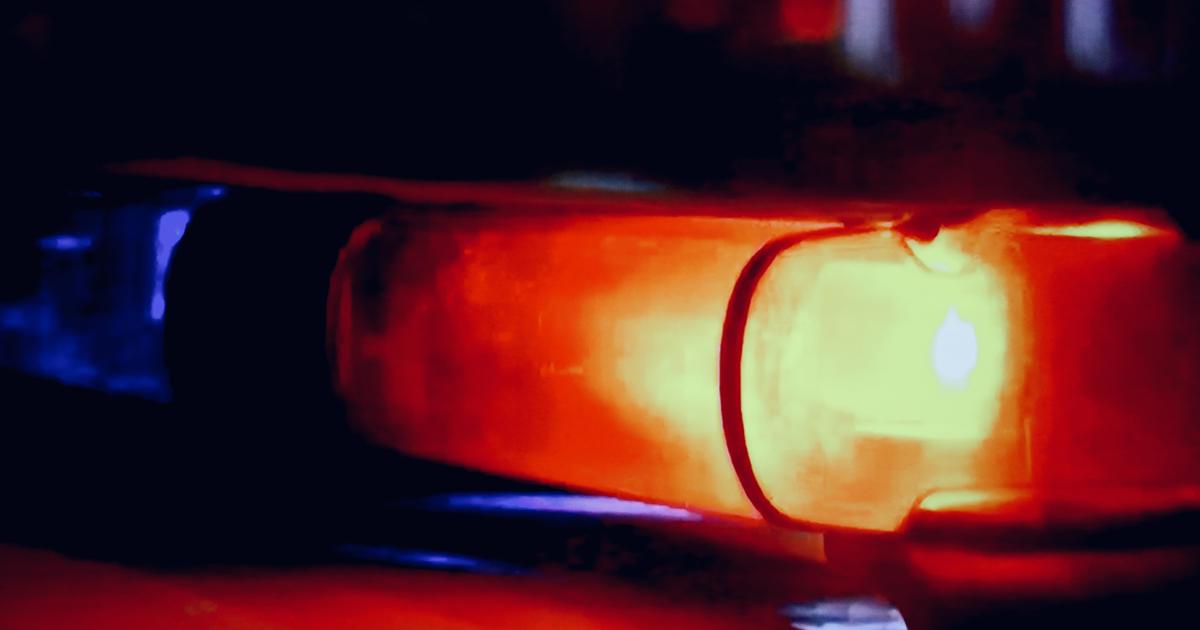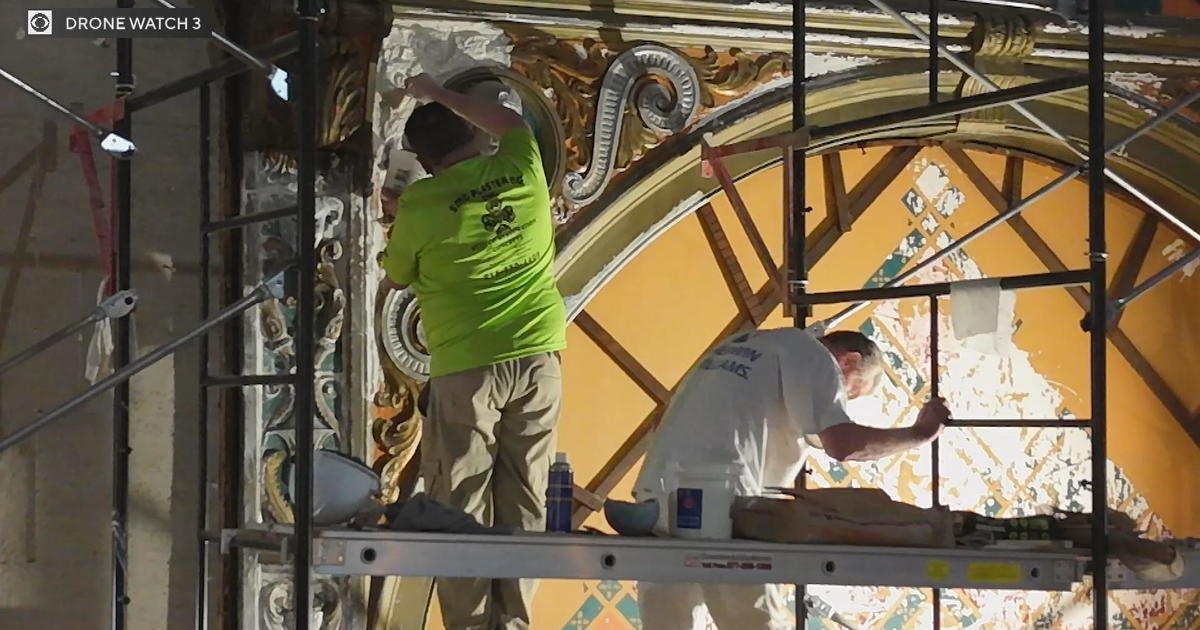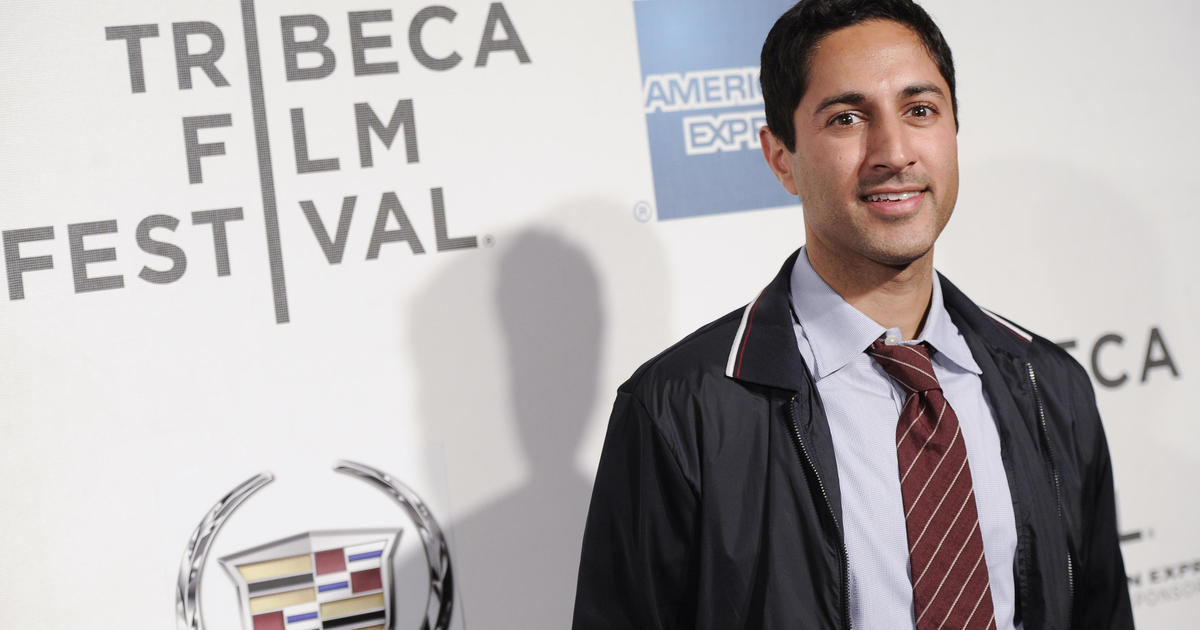Pennsylvania Flush With Cash For Transportation Projects
HARRISBURG, Pa. (AP) — While other states struggle to pay the upkeep on their highway systems, Pennsylvania is implementing a multifaceted, multibillion-dollar blueprint designed to accelerate road and bridge projects, improve mass transit systems and increase subsidies to local governments.
The higher taxes, fees and fines approved in 2013 are being phased in over five years to generate $2.3 billion annually — mostly for roads and bridges, and additional millions in inter-modal grants for railroads, seaports and airports. There's even $35 million earmarked for improving gravel and dirt roads.
"We finally have money to do things," said Sen. John Rafferty, R-Montgomery, chairman of the Senate Transportation Committee, who helped lead the protracted campaign to sell the proposal in the Legislature.
Pennsylvania is one of about a dozen states that have increased transportation taxes or fees in the past two years and one of a smaller number that have enacted comprehensive plans, according to figures compiled by The Associated Press.
The state's increased spending comes even as money made available to the states from the Federal Highway Trust Fund declined 3.5 percent between 2008 and 2013, the latest year for which figures were available. In Pennsylvania, the federal funds shrank from $1.7 billion to $1.6 billion— 5.9 percent, or 13 percent when adjusted for inflation, the AP found.
Overall, Pennsylvania disbursed more than $7 billion for highways and bridges in 2013, including expenditures by state, federal and local governments as well as independent agencies such as the commission that operates the Pennsylvania Turnpike, the figures show.
Passage of the new law culminated years of fierce legislative debate over funding alternatives that stretched back to Democratic Gov. Ed Rendell's administration.
It prompted a surge in road and bridge work last year as GOP Gov. Tom Corbett, who helped the bill win final passage, and most lawmakers campaigned for re-election. Voters strengthened Republican majorities in both houses, but ousted Corbett following a rocky term in which his leadership came under fire.
The centerpiece of the funding package repealed the 12-cent-a-gallon tax at the pump and increased the state Oil Company Franchise Tax, a levy on the wholesale price of gasoline that is generally passed along to motorists, by phasing out a cap on the tax rate.
Once fully implemented in 2017, the tax is expected to generate nearly $1.9 billion a year, including $220 million that will increase allocations for local road and bridges by more than 60 percent.
In 2014 alone, the law enabled the Pennsylvania Department of Transportation to invest $800 million into improvements on 1,600 miles of roadway and 83 bridges that would not have been completed without it, said PennDOT spokesman Rich Kirkpatrick.
Industry advocates praised the package as a long-overdue economic shot in the arm.
"It's good for us. It's good for the economy. People are working and we're paying a reasonable amount for fuel," said Jim Runk, chief executive of the Pennsylvania Motor Truck Association, a trade group that lobbies on behalf of the trucking industry.
Robert Latham, executive vice president of Associated Pennsylvania Constructors, which speaks for 430 companies that employ 50,000 to 75,000 workers involved in highway and bridge construction, said the expanded activity should slow the defection of highway workers to jobs in the natural-gas drilling industry.
The highway construction industry was "really in a bad way before this bill passed," he said.
Gene Barr, president and CEO of the Pennsylvania Chamber of Business and Industry, said deterioration of the highway system made higher transportation taxes unavoidable.
Three months before the law was passed, citing uncertainty over additional funding from the Legislature, PennDOT announced new weight restrictions on about 1,000 of the nearly 4,500 state and local bridges classified as "structurally deficient."
"Government needed more money," said Barr. "The money is only to get what you need to do ... (provide) an effective, efficient transportation infrastructure."
(Copyright 2015 The Associated Press. All rights reserved. This material may not be published, broadcast, rewritten or redistributed.)



